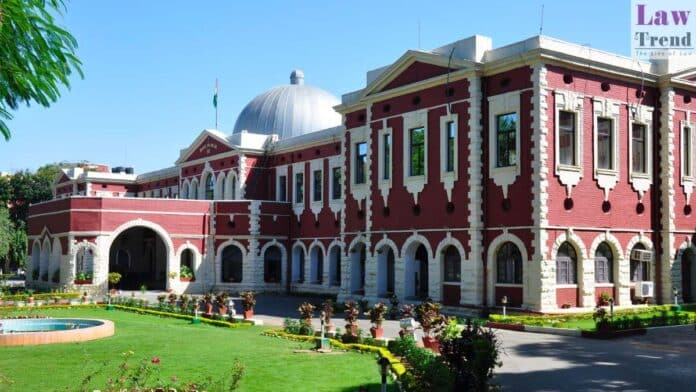The Jharkhand High Court has acquitted Nandlal Yadav, who was sentenced to life imprisonment for murder, ruling that a statement recorded under Section 164 of the Code of Criminal Procedure (Cr.P.C.) cannot be the sole basis for a conviction. A division bench of Justice Sujit Narayan Prasad and Justice Rajesh Kumar held that such statements
To Read More Please Subscribe to VIP Membership for Unlimited Access to All the Articles, Download Available Copies of Judgments/Order, Acess to Central/State Bare Acts, Advertisement Free Content, Access to More than 4000 Legal Drafts( Readymade Editable Formats of Suits, Petitions, Writs, Legal Notices, Divorce Petitions, 138 Notices, Bail Applications etc.) in Hindi and English.




